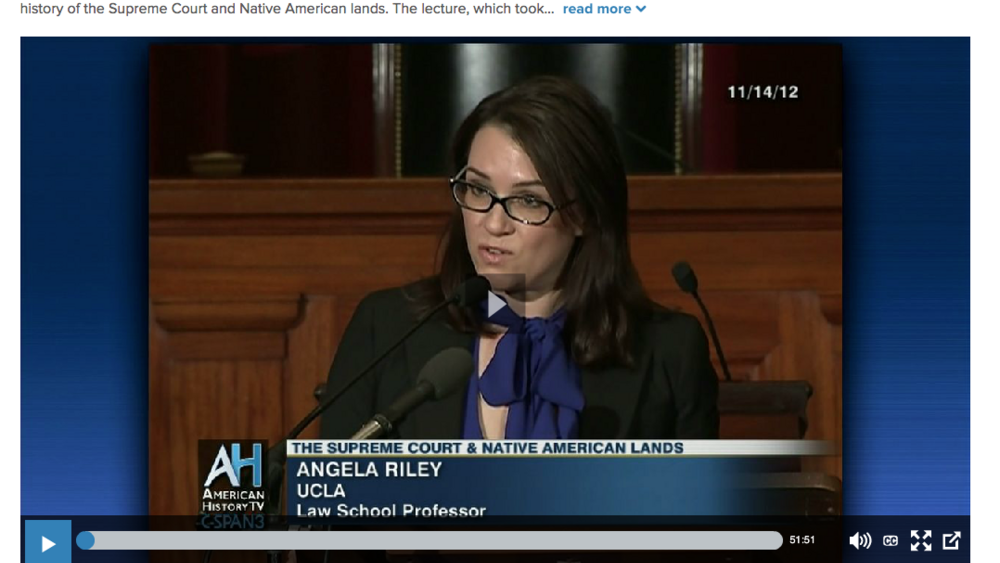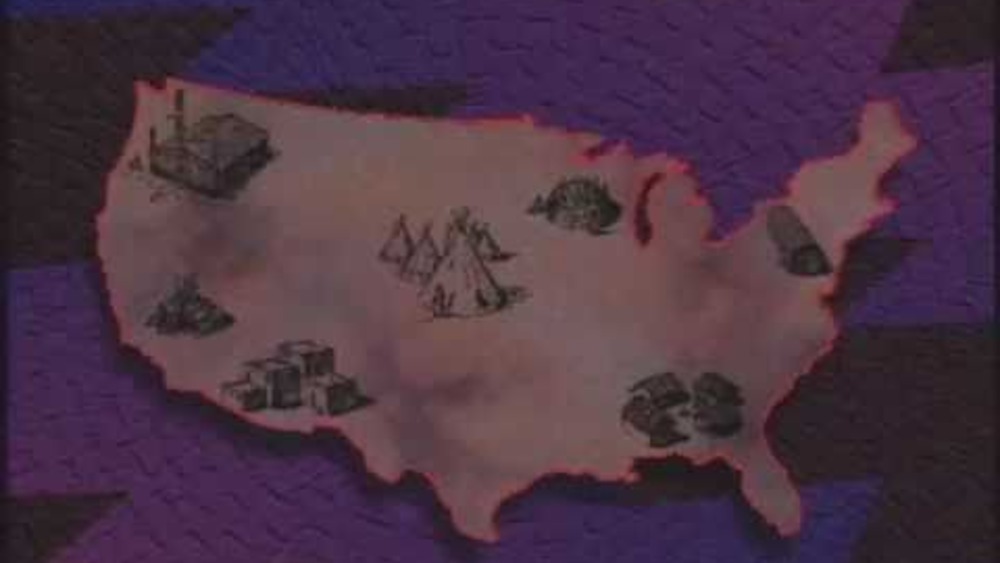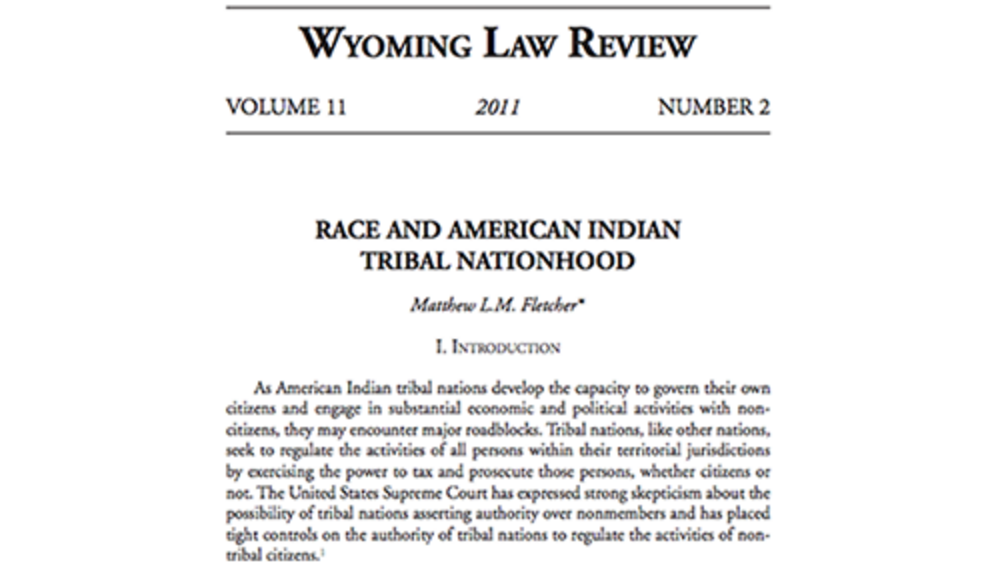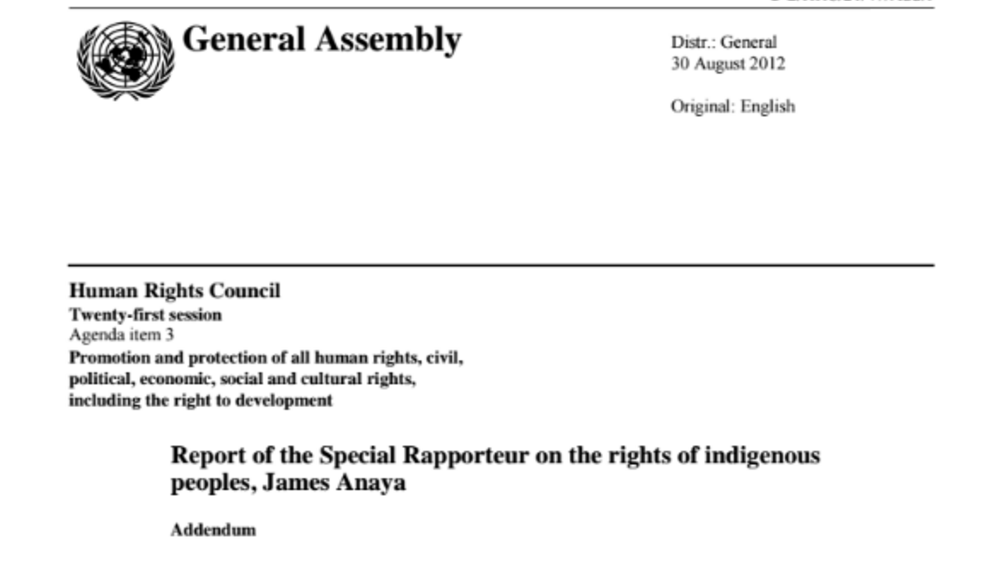Indigenous Governance Database
Commerce Clause

Professor Breaks Down Sovereignty and Explains its Significance
Sovereignty is one of those terms we toss around without much thought. It is an important word within contemporary American Indian discussions. The term itself draws from legal, cultural, political, and historical traditions, and these traditions are connected to both European as well as Indigenous…

Native American Lands and the Supreme Court
Tribal judge and legal scholar Angela Riley (Citizen Potawatomi) spoke in the U.S. Supreme Court chamber about the history of the Supreme Court and Native American lands. The lecture was one in a series hosted by the Supreme Court Historical Society on the Constitution, the Supreme Court, and…

Tribal Sovereignty: The Right to Self-Rule
This is an excerpt of a longer educational DVD produced to answer frequently asked questions about American Indian tribal governments and the roots of tribal sovereignty. Among other things, it discusses the U.S. Constitution's explicit acknowledgement of tribal sovereignty and Native peoples as…

Race and American Indian Tribal Nationhood
This article bridges the gap between the perception and reality of American Indian tribal nation citizenship. The United States and federal Indian law encouraged, and in many instances mandated, Indian nations to adopt race-based tribal citizenship criteria. Even in the rare circumstance where an…

The situation of indigenous peoples in the United States of America
In this report, the United Nations Special Rapporteur on the rights of indigenous peoples examines the human rights situation of indigenous peoples in the United States, on the basis of research and information gathered, including during a visit to the country from 23 April to 4 May 2012. During…
